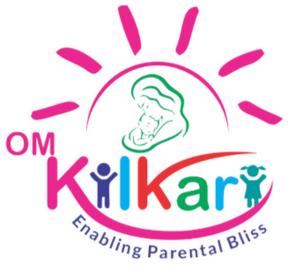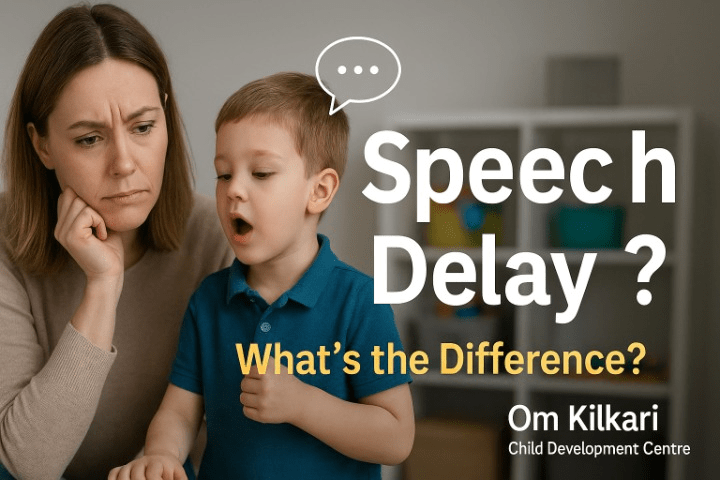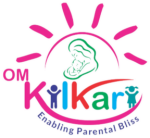When it comes to a child’s communication skills, every word, gesture, and sound is a milestone. But what happens when your child doesn’t speak as early or as clearly as other kids? Parents often wonder if their child has a speech delay or a language disorder — two terms that may sound similar but are quite different in diagnosis and treatment. Understanding the distinction can be crucial in ensuring your child gets the right support at the right time.
What is a Speech Delay?
A speech delay occurs when a child’s speech develops in the correct sequence, but slower than expected. In other words, they follow the typical pattern of speech development, just at a later pace.
Signs of Speech Delay:
- Late talking (no words by 15–18 months)
- Limited vocabulary for their age
- Trouble forming words clearly
- Difficulty being understood by others
- Inconsistent use of sounds
A child with a speech delay understands language well but may struggle to express themselves verbally. Their brain knows what they want to say, but their mouth may not cooperate.
What is a Language Disorder?
A language disorder, on the other hand, affects a child’s ability to understand or use words in context. It can be receptive (difficulty understanding language), expressive (difficulty using language), or both.
Signs of Language Disorder:
- Difficulty understanding directions or questions
- Struggles to form sentences
- Limited vocabulary and sentence structure
- Inappropriate use of words and phrases
- Trouble with storytelling or conversations
Children with a language disorder may have normal speech clarity but still struggle to communicate meaningfully or comprehend what others say.
Key Differences Between Speech Delay and Language Disorder
| Aspect | Speech Delay | Language Disorder |
|---|---|---|
| Definition | Slow development of speech sounds | Difficulty understanding or using language |
| Understanding | Typically normal | May have impaired comprehension |
| Expression | Delayed articulation | Limited vocabulary or grammar |
| Cause | Often related to hearing issues or oral-motor delays | May stem from developmental or neurological issues |
| Treatment | Focuses on articulation and speech production | Focuses on comprehension, vocabulary, and sentence structure |
Common Causes of Speech and Language Issues
- Hearing problems (e.g., chronic ear infections)
- Oral-motor difficulties
- Autism spectrum disorders
- Developmental delays
- Neurological disorders
- Environmental factors (limited exposure to language)
When Should You Be Concerned?
Every child develops at their own pace, but certain red flags should not be ignored. Consider consulting a speech-language pathologist or child development specialist if your child:
- Isn’t babbling by 12 months
- Doesn’t say single words by 16 months
- Has trouble combining two words by 2 years
- Is hard to understand after age 3
- Struggles with comprehension or following instructions
Diagnosis and Evaluation
At Om Kilkari Child Development Centre, our experienced speech and language therapists conduct in-depth assessments that include:
- Parental interviews
- Observation of communication behavior
- Standardized tests to evaluate comprehension and expression
- Hearing screening (if needed)
This comprehensive evaluation helps distinguish between a simple delay and a more complex disorder.
Treatment Approaches
For Speech Delay:
- Articulation therapy
- Oral-motor exercises
- Home-based speech activities
- Modeling correct speech
For Language Disorders:
- Vocabulary building activities
- Interactive storytelling
- Sentence formation practice
- Play-based therapy sessions
- Parent coaching and support
Why Early Intervention Matters
Delaying intervention can lead to difficulties in school, social interactions, and emotional development. The earlier a child receives the right therapy, the better their outcomes. Early support helps children catch up and often prevents long-term communication struggles.
Supporting Your Child at Home
- Read to your child daily
- Talk about daily activities and surroundings
- Encourage questions and conversations
- Use gestures and visuals
- Be patient and avoid correcting every mistake
- Celebrate every communication attempt
Conclusion
Speech delay and language disorders are often confused but have distinct differences that require different approaches. At Om Kilkari Child Development Centre, we believe that every child deserves a voice — and we’re here to help them find it.
If you’re concerned about your child’s speech or language development, don’t wait. Reach out to our expert therapists for a personalized evaluation and therapy plan tailored to your child’s unique needs.
📞 Call us today or visit omkilkarichilddevelopmentcentre.com to book a consultation.


